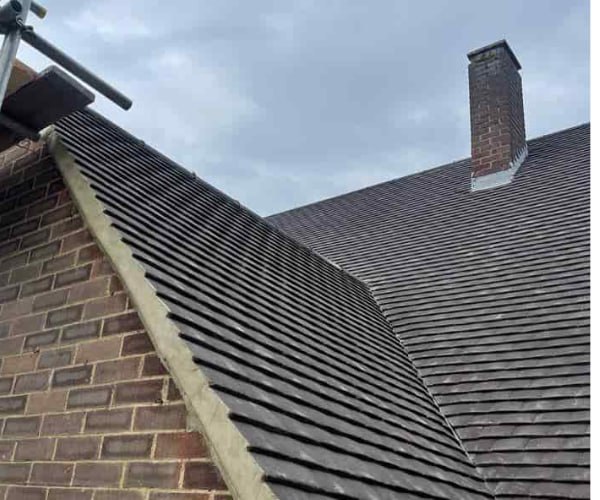Commercial Roofing Materials: Choosing the Right Options for Long-Term Durability
Introduction: When it comes to commercial roofing, choosing the right materials is essential for ensuring long-term durability, cost-effectiveness, and the overall protection of your business. The vast array of roofing materials available can be overwhelming, but understanding their unique characteristics and benefits will help you make an informed decision. In this blog post, we will explore some of the most popular commercial roofing materials and their suitability for various applications, enabling you to select the best option for your business.
- Built-Up Roofing (BUR)
Built-Up Roofing, commonly known as BUR, is a time-tested roofing system comprising multiple bitumen layers and reinforced fabrics. BUR systems offer exceptional durability and resistance to foot traffic, making them an excellent choice for commercial buildings with high footfall, such as shopping centres and warehouses. Their robust construction and waterproofing capabilities provide reliable protection against leaks and weather elements.
- Ethylene Propylene Diene Monomer (EPDM)
EPDM roofing membranes are known for their exceptional weather resistance and versatility. Made from synthetic rubber, EPDM is a cost-effective option that offers excellent UV and ozone resistance, making it ideal for regions with extreme weather conditions. It can be fully adhered, mechanically fastened, or ballasted, providing various installation methods to suit different commercial roofing needs.
- Thermoplastic Polyolefin (TPO)
TPO roofing systems have gained popularity in recent years due to their energy efficiency and ease of installation. These single-ply membranes are highly reflective, helping to reduce energy consumption by reflecting sunlight away from the building. TPO roofs are also resistant to punctures, tears, and chemical damage, making them suitable for various commercial applications.
- Modified Bitumen Roofing
Modified Bitumen is a hybrid roofing material that combines the durability of BUR with the convenience of single-ply membranes. These sheets are typically made from asphalt and modified with rubber or plastic polymers, enhancing their performance against weather elements and expanding their lifespan. Modified Bitumen roofing is easy to repair and maintain, making it a practical choice for commercial buildings.
- Metal Roofing
Metal roofs are versatile in various materials, such as steel, aluminium, and copper. They are known for their durability, longevity, and resistance to fire, pests, and mildew. Metal roofs can be installed as panels, shingles, or standing seam systems, offering commercial buildings a wide range of aesthetic options.
Conclusion: Choosing the right commercial roofing material is a critical decision that can significantly impact the longevity and performance of your building’s roof. Each roofing material has its unique advantages, and the right choice depends on factors such as climate, building design, budget, and specific requirements. Consulting with a professional roofing contractor, like DHT Roofing Cudworth, can help you make an informed decision based on your building’s needs and long-term goals. Remember, investing in a high-quality and durable roofing material today will provide your business with the protection it deserves for many years to come.
Call us on 01226 445 195 or click here to complete our contact form and see how we can help with your roofing needs.

